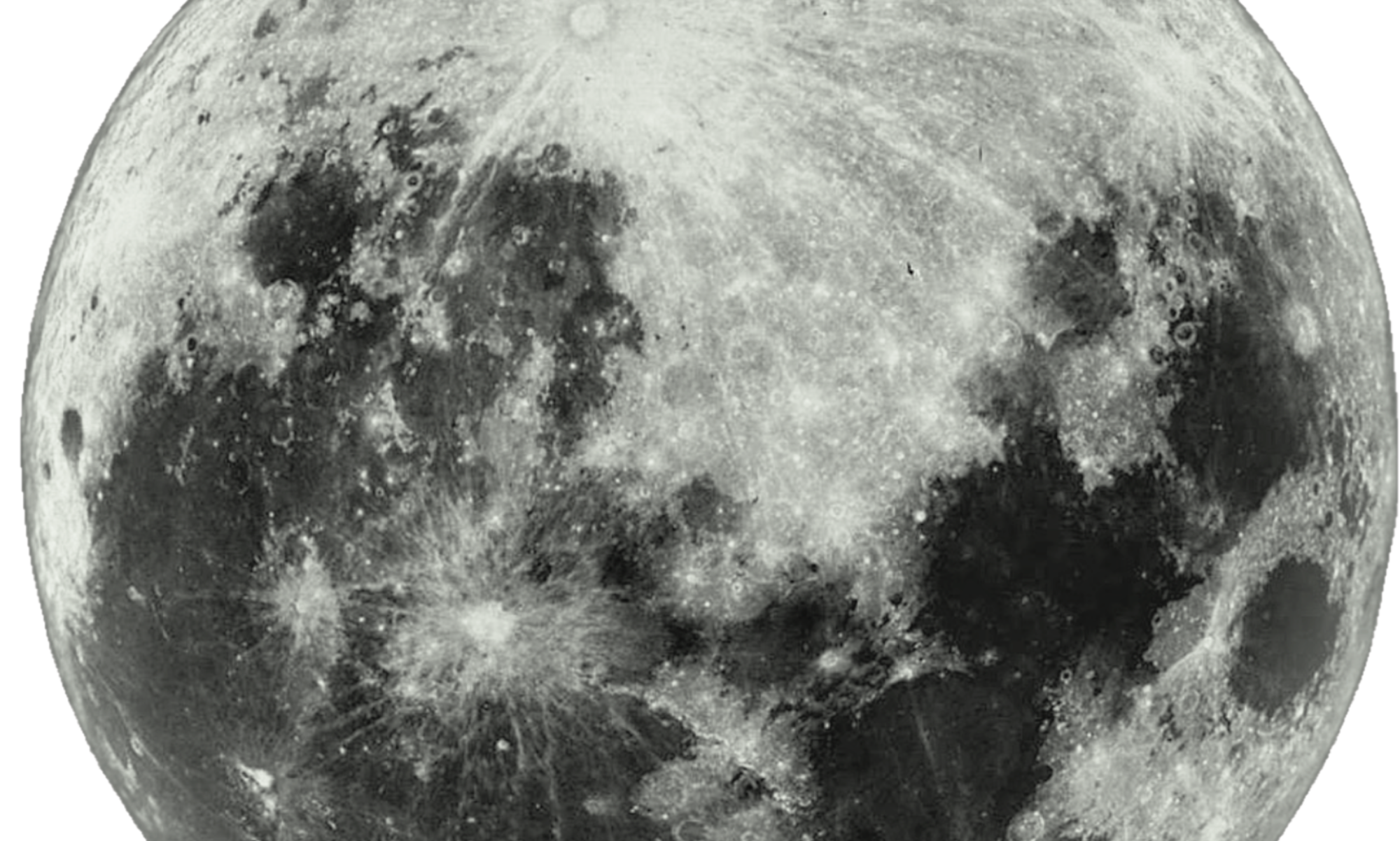“Halfway Between Here and Memphis”
A rooster signals the start of the day.
Workers wearing sombreros and reversed ball caps
emerge from the shadows. They converge
on a dimly lit dirt lot outside Panaderia de Dios.
The bakery sweetens the air with the aroma of Mexican cookies.
Little else is sweet in Jackson: “As soon as you make the money,
the money goes away.”
“I don’t like the life.”
The Natchez Valley has long been short on resources. Here
residents either can’t vote or don’t vote. “We’re in the Appalachians
of the West.” Jackson feels like a village in Mexico. “We didn’t go to school,
we didn’t study, so we’re here,” Benito Bautista says, piling watermelons
in the back of his truck. Now he rests, shooing flies with a cowboy hat
as he sits in the shade of an apartment building.
Even the flies speak Spanish.
“I don’t like the life.”
Signs of hard times are easy to spot. More than three dozen cars
gather dust outside Airways’ Auto Service. A shuttered melon
packing shed down the road has become a homeless camp. One man
points to five empty State Park beer bottles to explain his absence
from the fields. At a laundromat where a Mexican soccer match is on TV,
23-year-old Paola Espinoza says she wants to move out of town.
“There’s nothing for the kids to do.” “We’re in the middle of nowhere.”
“I don’t like the life.”
“There’s less need for us,” says Higinio Castillo Ruiz, 73. “That’s
the way things are.” Large harvesters spit out 26 tons of tomatoes
every 15 to 20 minutes. In a pecan orchard, machines throttle
tree trunks, sending nuts raining down and dust clouds rising up.
“Orchards … give a lot to the owner, but not the people.” Jackson was
founded in 1834 as a water stop for old trains on the L&N Railroad. It’s
a forgotten part of the Volunteer State.
“I don’t like the life.”
“Magnolia Blues”
There can be bebop and billowing skirts,
hot pastrami and cold beer, but only if
we’re good.
That’s the catch. We’re weighed down by doubt.
Can all this wonder be had for free? It’s
time to take stock.
All the pretty horses can’t put humpty dumpty
together again. It’s partly a matter of will
power, sure.
It’s mostly a matter of power, pure and simple
And the will is half-hearted. There’s no
zeal. There’s no roll.
BBQ sauce, but no mustard. There are eggs, but
Benedict died last June of a stroke. Whoever
said we could have it all, lied.
The billowing skirts were not the first to go, but
the girls get tired of playing. They’ve
been recruited by the U.S. army.
Now women carry guns. Our next loss is jazz.
Without the blues, there’s no rhythm. The
country has lost its beat.
Everyone is out of step. The problem
is not the booze. It’s the money. We’re all
too rich for our own good. We’re unhappy.
Louis Armstrong was elated. W.C. Handy, giddy.
Think back. You remember. Jazz was rollicking: horns
toot-tooting, the pianist on his feet, the drums exploding.
We’re all miserable. Fattened up for slaughter. Now
we wait for the other shoe to drop, as the centipede
crawls toward the exit.
We know it’s just a matter of time. It can’t go on like this forever.
We’ve become too refined, far too delicate,
too fat for good music.
Anyway…no one has the oomph. It’s all petered out.
We’re out of gas. There’s an energy shortage,
you know.
For the most part, pictures will be enough, for a while,
like those of farmers. Nobody wants to get his hands dirty,
digging in flower beds, plowing, changing diapers.
No one wants to turn potatoes, feed the pigs or geld the stallions.
What is there to celebrate if there are no children?
That’s the question.
If there’s no harvest, what’s the point of drinking? And
now they say there’s no purpose in planting flowers.
The suburbs are obsolete, no pleasure in squirrels.
No need for dogs to bark. No need for evening walks. No
need for games of catch. Eliminate the lawns, they decree,
which are nothing more than symbols of Farmer Brown.
There’ll be nothing to remember, not even the sound of crying babies.
Family life is finished. Dirty floors, mother’s milk, chicken pox
are all a thing of the past.
Now the smell of grass must go. It’s no longer the Age of Aquarius;
it’s the age of exhaustion. We’re entering America’s very own
Cultural Revolution. At the end of the day, there’ll be hell to pay.
It’s the age of recrimination. People stand around pointing fingers,
as the time French women were made to pay for bedding
enemy soldiers. They were driven through the streets, naked.
It’s an age of exculpation. We all want to wash our hands of it.
The only music left is what we demand to see others face.
Otherwise we want silence.
